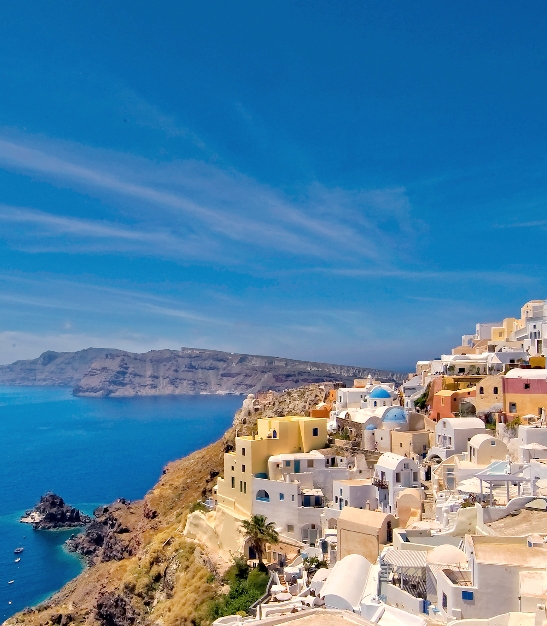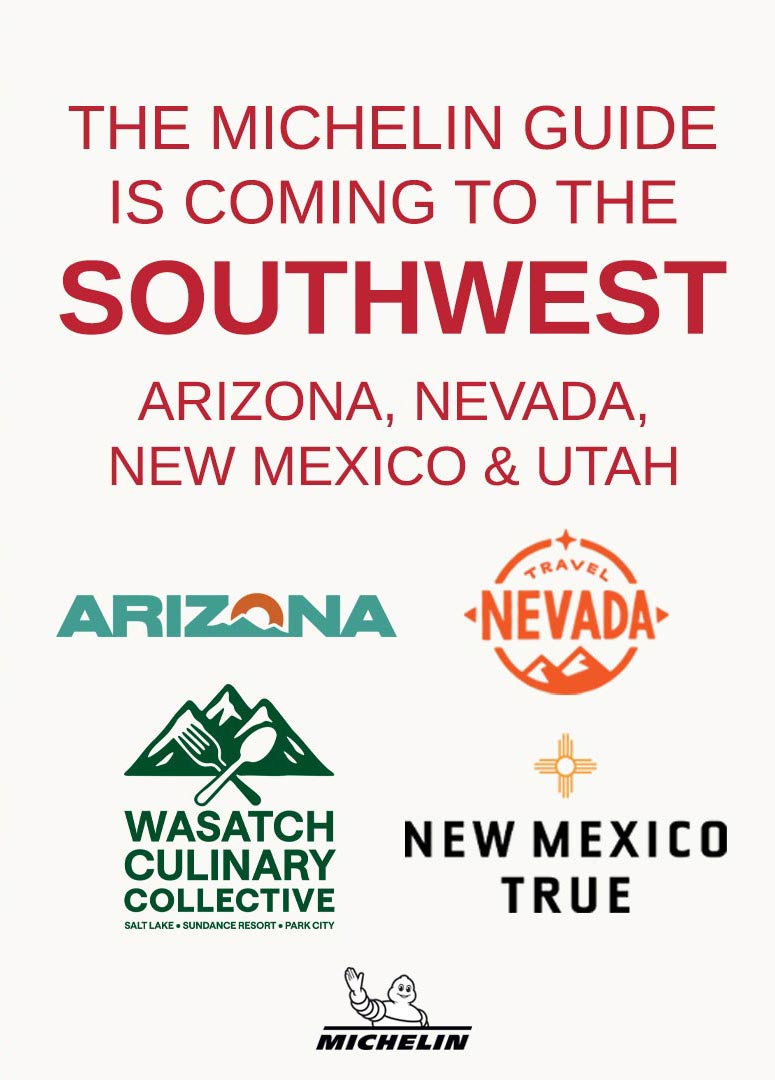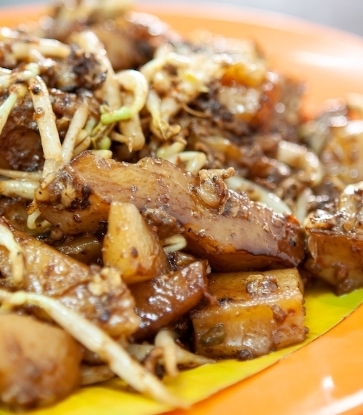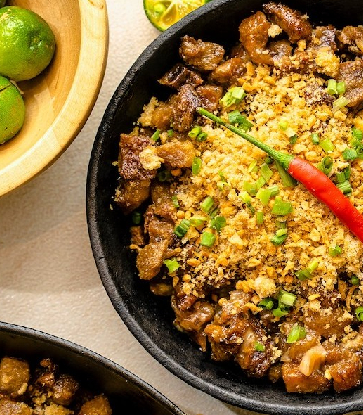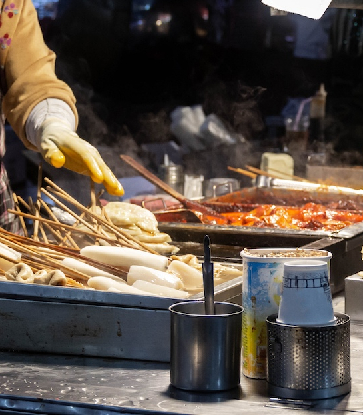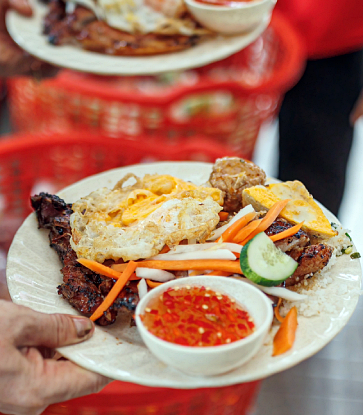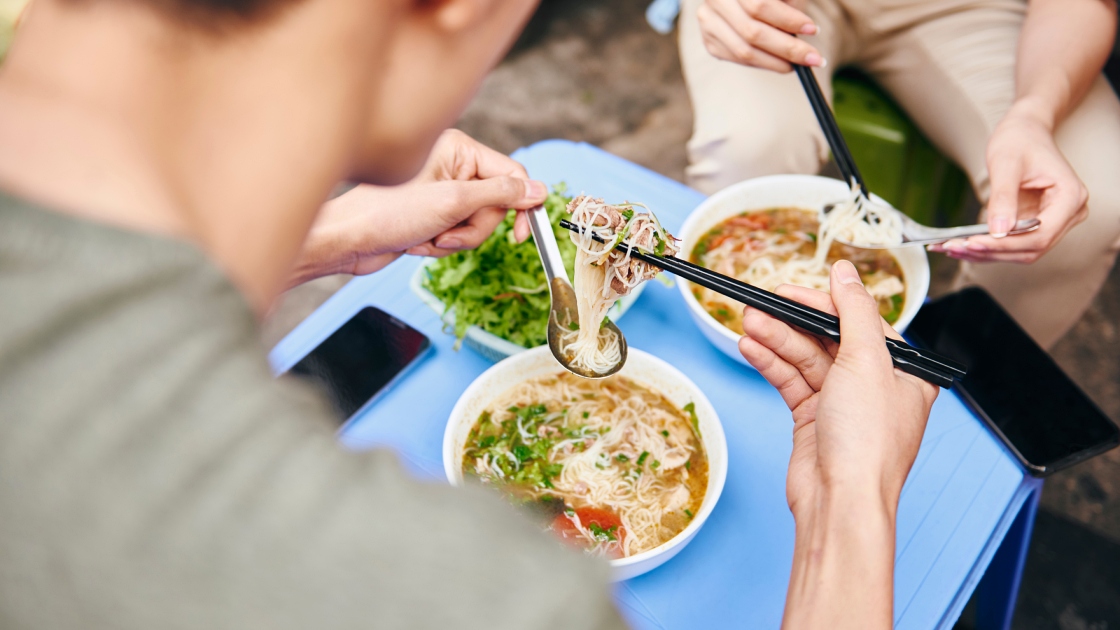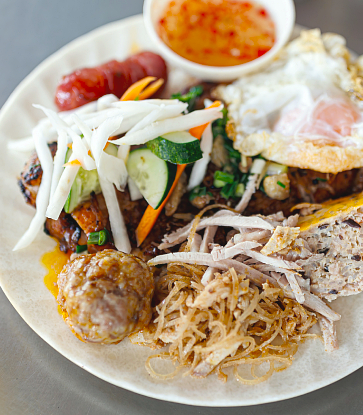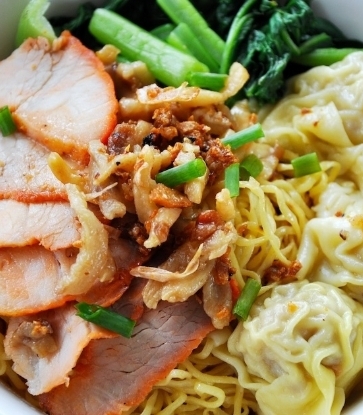The panel discussion was hosted by International Director of MICHELIN Guides, Michael Ellis and comprised of seven other panelists—Vicky Cheng of one Michelin-starred VEA Restaurant in Hong Kong, Ignatius Chan of one Michelin-starred Iggy’s, Tetsuya Wakuda of two Michelin-starred Waku-Ghin, Min Kim of two Michelin-starred Mizumi in Macau, Gwern Khoo of A Noodle Story (Bib Gourmand), Dinesh Balasingam of Chope and food Instagrammer Lennard Yeong. Moderated by radio presenter Michelle Martin, the panel discussion covered a range of issues surrounding the topic: ‘Do expert opinions matter?’.
We highlight some of the key questions and answers from the discussion.

Unanimously, the chefs on the panel say they do read reviews online and take them as a useful form of feedback. Says Tetsuya Wakuda: “There are days at the restaurants where we make mistakes, and we have to be very humble about it, and learn from the feedback.”
However, Ignatius Chan believes it is important to take in such reviews with a pinch of salt. “The platform is so open and anybody can claim to be an expert. Recently we had day that we received a review that was quite complimentary, but then we had, on the same night, someone who was completely distraught with their meal. How do you explain that? But we still have to take it, and review it, and from there try to identify how we can improve,” he says. “We should not let negative feedback dampen our spirits, neither should we let compliments swell our heads.”
Chef Min Kim agrees. “It’s all about how you perceive it. Criticism makes you a better person, a better chef. At the end of the day you still want that recognition, it tells you that you’re on the right track and that you just have to keep going at it. Especially when it comes from a credible source like the MICHELIN Guide, that people trust and take seriously. It makes you feel like you’ve accomplished something in your life as a chef.”

Addressing a question on how the 117-year-old Guide remains relevant in the age of information, Mr Ellis pointed out that almost all information is opinion and the Michelin Guide’s strict inspection process puts it in good stead to present an objective an opinion as possible. “User-generated content is now everywhere. People may now use three, or four, or five sources before they make their choice to dine somewhere. But in this fog of almost unlimited information, the Michelin Guide plays the role of a North Star, or gold standard.”
For Lennard Yeong, not all food bloggers are made equal. “You are looking for a good blogger that delves below the surface. Food is an industry that essentially allows consumers to reap the fruits of someone else’s labour. When you have the disconnect between the diner and the context (of which the food is created), it’s easy to pass judgement very quickly. A good blogger will try to break down what makes a good meal good and what makes a bad meal bad.”
Speaking to the importance of being media literate in today’s information-saturated world, Lennard Yeong says: “Whoever is consuming the information should decide whether the opinion is valid.”
This is a view echoed by Michael Ellis, who believes expert opinions are those that are able to resonate accurately with people. He cited the example of Robert Parker who started out as a lawyer who loved wines and wrote a little newsletter to share his thoughts. “I started getting this newsletter and found that what I was reading corresponded to what I was tasting. I started to trust this guy; what he was saying, speaks to me. People found what he was saying rang true to them. It’s the same thing for Michelin. If people don’t find what you’re saying to be true, then your claim to be an expert will quickly fall apart. There’s no body [of experts] out there deciding who should be an expert, I think you have to earn that right.”

“There is no question that the arrival of the Michelin Guide puts a spotlight on a country’s cuisine. It drives business, changes the clientele for restaurants. It’s a huge motivator,” Mr Ellis explains. When you’re part of the Michelin family or you work for a Michelin restaurant, you’re proud of that. Good staff is hard to recruit—I’m sure all the chefs here can attest to that—and when you have a Michelin star, that attracts. People want to have that on their resumes and be part of that. That all gets the ecosystem [of a country’s F&B industry] going, and we can see people upping their game.
Hawker Gwern Khoo too, has seen an increase in tourist business at his hawker stall since receiving the Bib Gourmand. “I think it has helped me to have worked in good restaurants recognized by experts before I went on to start my own business. It brings media attention and publicity to the new place. As you know, I do street food. When foreign visitors come to Singapore, they don’t know much about our local hawker culture so the MICHELIN Guide, which is internationally recognized, helps people access street food in Singapore.”
“Here at Chope, we are in a unique position to see how the restaurants perform, and undoubtably, the day after—or even the night of [the announcements]—you can see the spike in reservation numbers immediately,” says Dinesh Balasingam. “A guide that has lasted this long has relevancy, and people believe in it. Even among the chef community, I have spoken to many of them, and during [inspection season] they do want to put their best food forward. In terms of competition, it makes people step up their game, and you have to think about it holistically, it’s not just the food, everything surrounding it, the photos, making sure you have a good press release, having updated menus, the service, everything improves.”

While the entry of the MICHELIN Guide into any territory generates buzz and growth to the F&B industry, the impact, both positive and negative, are felt most acutely by chefs and restaurant owners. Says chef Vicky Cheng: “In my many years of cooking in Hong Kong, I’ve never had an easier way to hire staff than after winning the star. Of course, that’s when you start to really appreciate the guys that were here from the beginning when you had nothing. But once you have a star, everyone judges you differently. The more important part is consistency, staying focused and maintaining that star.”
Restaurateur Ignatius Chan agrees that it is important not to be bowed or swayed by the recognition. “It’s when you win one star and you start to think of winning a second star that’s the danger. Then you start upgrading and spending on things the customer never asked for. I think it’s more important to think about not losing your star, that’s when you focus and make sure you maintain your consistency and in time, hopefully win a second.”
In response to recent cases of chefs returning their stars, such as France’s Sebastien Bras and chef Andre Chiang here in Singapore, Michael Ellis says: “The MICHELIN Guide reflects an opinion. It’s a point of view. You can agree with it, or not agree with it but you can’t give it back. If a movie critic goes to a movie and says it’s a good movie, or not a good movie, the director of the movie can’t say: ‘I’m going to give you your opinion back.’ In the 117-year history of the MICHELIN Guide, there have been rare occasions of chefs saying they are returning their stars, but the stars aren’t something physical you can give back.”
From the wide-ranging and in-depth discussion, it seems they do, and not just opinions from recognized experts, but opinions from the ground as well. Michael Ellis emphasizes that he does not see other reviewers or guides as competition; Rather, each serves a role in creating a vibrant ecosystem for the industry. “For Michelin to be successful, we need to have a local scene that is thriving and dynamic and strong. And anything that any publication, or guide, or website, or blog does to increase people going out to restaurants, is all good. They all contribute to a healthy food culture.”




